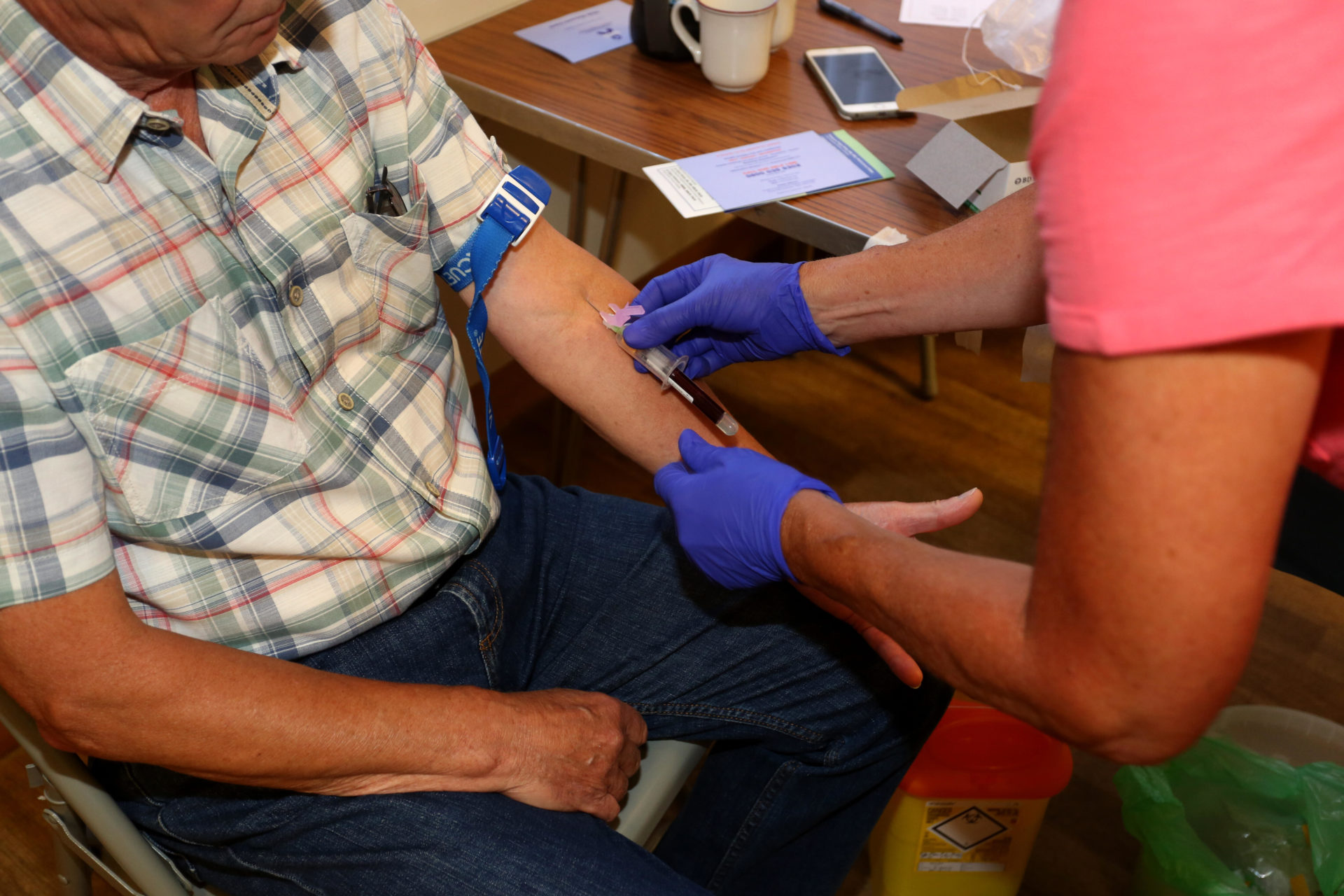Cancer screening services are still “playing catch up” because of lockdown, a consultant oncologist has said.
It comes after the Taoiseach warned that the nation is facing a “frightening” wave of cancer diagnoses that might have been detected if not for the pandemic.
Micheál Martin warned that many people’s cancer would not be treatable and that other European countries were facing a similar crisis.
For Professor John Crown, a consultant oncologist at St. Vincent’s Hospital, it is something that has often been discussed by his fellow medics ever since COVID-19 reached Ireland’s shores.
“I must say it certainly was a common narrative that we were hearing in late 2020 and 2021 that my colleagues who were more at the frontline of newly diagnosed cancers [were saying],” he told Newstalk Breakfast.
“There were a lot of reasons but a lot of it was fear; understandable fear from patients who did not want to engage - especially when we were not as yet heavily vaccinated.
"They did not want to engage with the health system, they didn’t want to go into crowded waiting rooms, they didn’t want to go into hospitals.”
 Cervical smear in liquid phase, screening for cervical cancer and STDs
Cervical smear in liquid phase, screening for cervical cancer and STDsHe also defended the decision to close cancer screening services, added that some were more effective than others at detecting cancerous cells.
“Cervical screening is critically important,” Professor Crown said.
“Cervical screening has had a huge, huge impact and… we have an extraordinarily high quality cervical screening programme in Ireland which has done a wonderful job on reducing the mortality and, indeed, the morbidities in that terrible disease.
“Breast screening is always a little bit more difficult because the total impact of breast screening, while still worthwhile, is not quite as big.
“So, I think at the time, the risk benefit ratio heavily favoured keeping people out of the screening units and I think they’re playing catch up with it now and hopefully there won’t be too many downsides from that.”
 Free blood testing for men to see if they are at risk from prostate cancer.
Free blood testing for men to see if they are at risk from prostate cancer.Hindsight
In March 2020, as the nation entered lockdown, cancer screenings were paused and staff were redeployed to other areas of the health service.
Some have questioned whether, with hindsight, that was the correct decision to take; however, Professor Crown says we should not underestimate how little COVID-19 was understood at the time.
“Most of us had never lived through a pandemic before,” he said.
“I can tell you that the dire warnings that I was getting from colleagues in Italy were absolute horror stories that we would not have wanted to see repeated in Ireland where people as young as 60 were being denied intensive care beds because they did not exist.
“They had a problem providing routine oxygen supplies, never mind intensive care and ventilators; I think that was an absolute emergency and I will never, ever criticise people for trying to take emergency steps.”
Main image: A woman having a mammography scan at hospital. Picture by: Alamy.com









